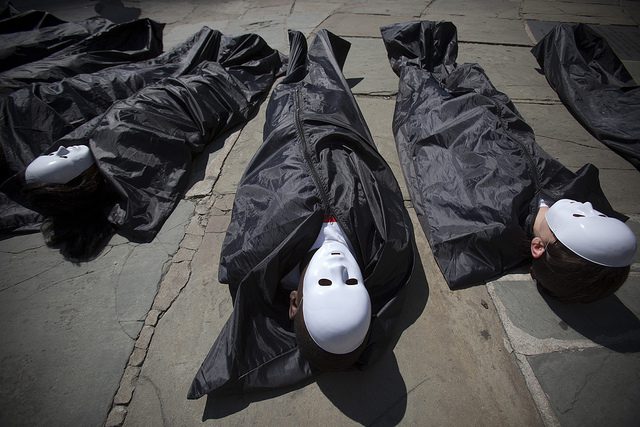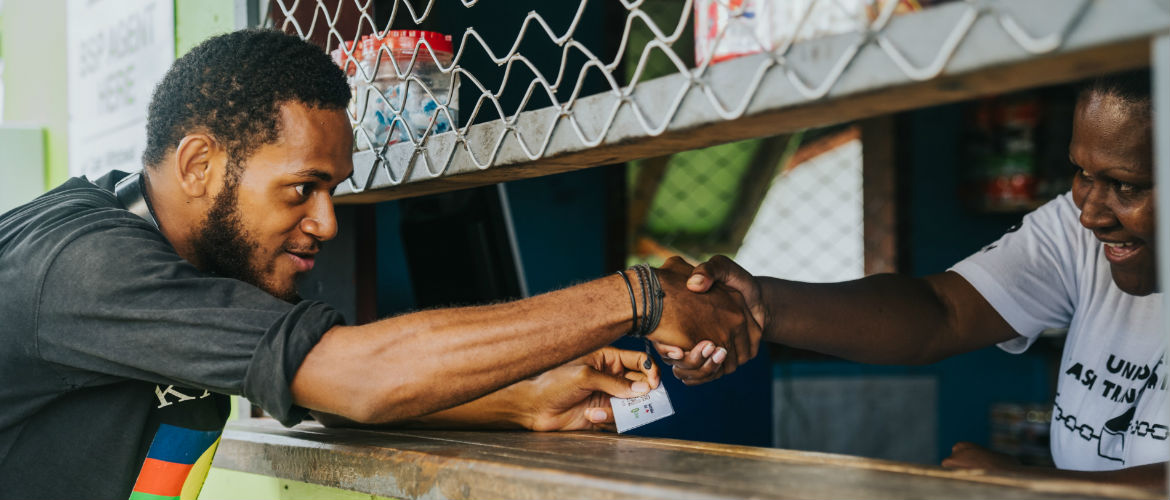As these negotiations unfold over the next two and a half weeks, I believe there are five key questions governments will have to address. I will quickly introduce these issues here and write in more detail in the coming days and weeks.
Question 1: How strong will the “criteria” be?
Some governments want a strong legally binding set of criteria that require states to assess the potential use of weapons transferred to other countries and to restrict the transfer based on the likely use.
However, other countries want the criteria to not require them to restrain transfers, but only consider the impact and make a decision based on the totality of the circumstances, balancing national security, economic, and humanitarian concerns. And still others want no binding criteria language at all.
Question 2: What type of weapons and what type of transactions will be covered by the treaty?
Currently the majority of governments want the treaty to cover all conventional weapons and all ammunition associated with those weapons.
Additionally most states want the treaty to cover a broad range of transactions, including import, export, transshipment, transit, as well as brokering activities. But others want certain types of weapons or certain types of transactions exempted and to create loopholes so that business can continue as usual.
Question 3: How much transparency will the treaty require?
We know that this treaty will be implemented by national governments and enforced through bi-lateral relations, meetings of state parties, and by national governments themselves. But without transparency, this treaty will not have much hope of reaching its goals.
Many states will seek to limit the transparency required by the treaty in order to shield themselves from criticism, protect what they see as national security imperatives, or protect information that allows corporations to maintain their competitive advantage.
Question 4: How much will the opponents distort the truth about the treaty’s content in order to raise funds?
In recent days we have seen an increase in the activity of the civil society opponents of the treaty. Much of what they are saying is intentionally distorted. Other statements from opponents of the treaty are based on a complete lack of any understanding of how the arms trade, or, for that matter, how the US Constitution, operates.
Question 5: Will skeptical countries be able to effectively block the will of the majority?
One of the reasons why agreeing to a treaty over the next month will be so difficult is that the final agreement must be adopted by consensus. Any one intransigent state can block the will of the rest of the world. Whether one of the skeptical countries will stand up against international momentum and block the treaty remains a hanging question.
These are the some of the most difficult questions governments will address, but by no means an exhaustive list of the hurdles. There is not much time to develop a treaty. If the governments of the world do accomplish the goal of a legally binding agreement on the arms trade, it will be a historic feat. But we at Oxfam are calling for the world to do just that. The human impact of the irresponsible arms trade requires nothing less.
by Scott Stedjan – senior policy advisor for humanitarian response at Oxfam America


 Doris*, daughter, 5; Pamila*, 2. Christina grows maize and she was shown how to make compost as part of the CRAFS (Climate Resilient Agriculture and Food Systems) programme.
Doris*, daughter, 5; Pamila*, 2. Christina grows maize and she was shown how to make compost as part of the CRAFS (Climate Resilient Agriculture and Food Systems) programme.